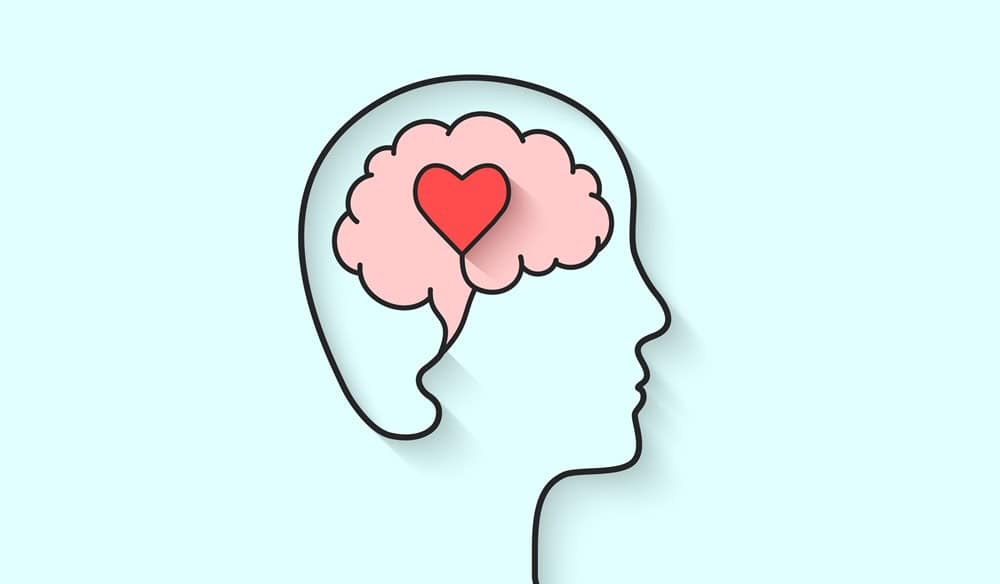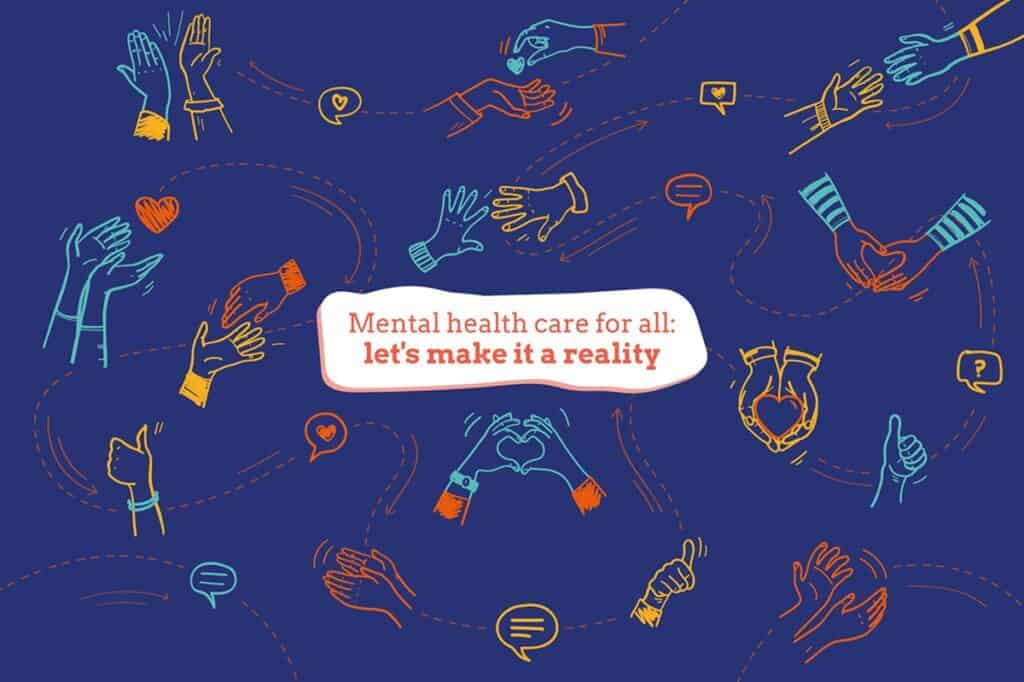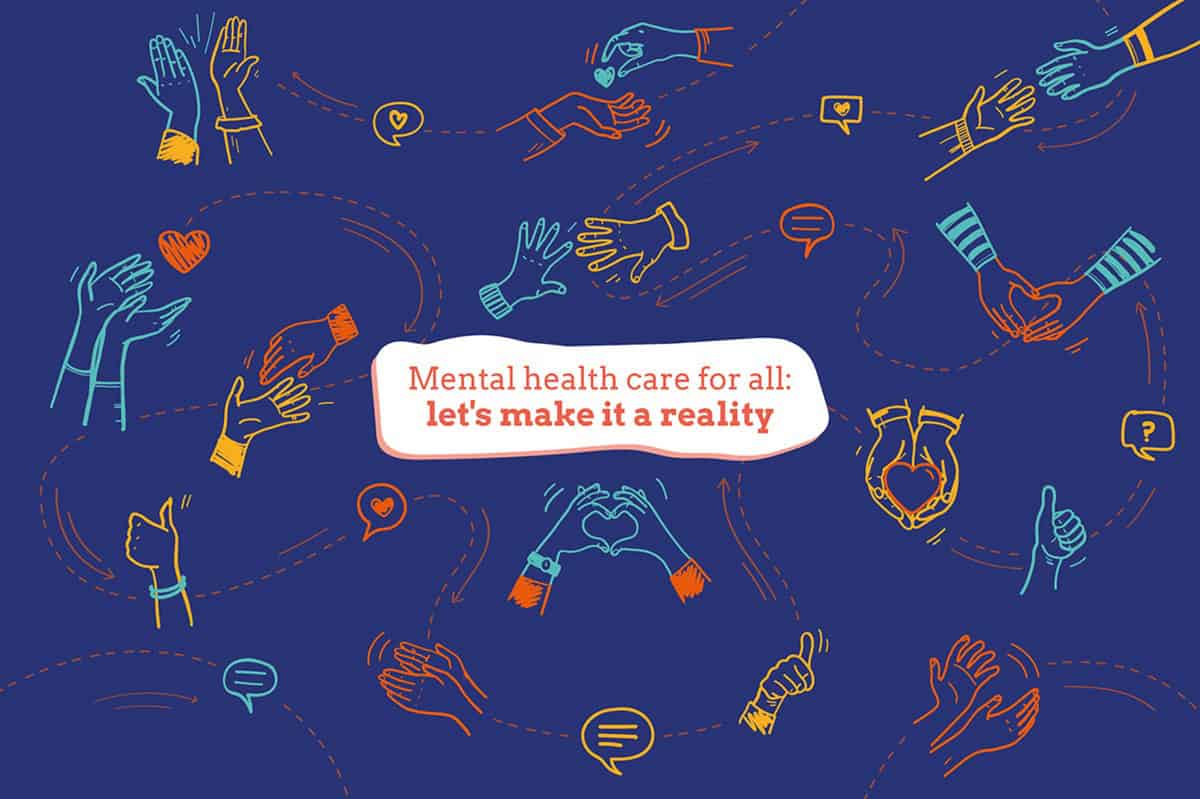
The COVID-19 pandemic reshaped the world in many ways, and its impact on mental health has been profound. As we navigate a post-pandemic world, prioritizing mental well-being is more crucial than ever. The isolation, uncertainty, and constant stress have left lasting effects, making it essential to focus on mental health awareness and self-care strategies.
Understanding the Mental Health Impact of the Pandemic
The pandemic has highlighted the importance of mental health, bringing issues like anxiety, depression, and burnout to the forefront. According to the American Psychological Association, nearly 78% of adults reported experiencing increased stress due to the pandemic. The sudden shift to remote work, the loss of social interactions, and the uncertainty surrounding the future have all contributed to a collective decline in mental well-being.
Signs You Might Be Struggling with Mental Health
It’s important to recognize the signs that you or someone you know might be struggling with mental health. Some common symptoms include:
- Persistent feelings of sadness or hopelessness
- Increased irritability or mood swings
- Difficulty concentrating or making decisions
- Changes in sleep patterns, such as insomnia or oversleeping
- Loss of interest in activities once enjoyed
- Physical symptoms like headaches or stomachaches without a clear cause
If you’re experiencing any of these symptoms, it’s important to take action and seek help.
Practical Strategies for Managing Mental Health
Taking care of your mental health doesn’t have to be overwhelming. Here are some practical strategies to help you manage stress and improve your well-being:
1. Practice Mindfulness and Meditation
Mindfulness and meditation are powerful tools for reducing stress and improving mental clarity. Taking just a few minutes each day to focus on your breath and clear your mind can have a significant impact on your mental health. Apps like Headspace and Calm offer guided meditations that can help you get started.

2. Stay Connected with Loved Ones
Human connection is essential for mental well-being. Make an effort to stay in touch with friends and family, even if it’s through virtual means. Regular check-ins and social interactions can help combat feelings of loneliness and isolation.
3. Prioritize Physical Health
Physical health and mental health are closely linked. Regular exercise, a balanced diet, and adequate sleep can all contribute to improved mental well-being. Aim to get at least 30 minutes of exercise each day, eat a variety of nutrient-rich foods, and establish a consistent sleep routine.
4. Set Boundaries to Avoid Burnout
With the rise of remote work, the lines between work and personal life have become blurred. Setting clear boundaries, such as designated work hours and taking regular breaks, can help prevent burnout and maintain a healthy work-life balance.
5. Seek Professional Help When Needed
There’s no shame in seeking professional help if you’re struggling with mental health. Therapists, counselors, and support groups can provide valuable guidance and support. Many services now offer telehealth options, making it easier than ever to access mental health care.
Breaking the Stigma Around Mental Health
Despite the growing awareness, there is still a stigma surrounding mental health. Many people hesitate to seek help due to fear of judgment or being perceived as weak. It’s important to challenge these misconceptions and normalize conversations about mental health. By sharing our experiences and supporting one another, we can create a more compassionate and understanding society.
Conclusion
Prioritizing mental health is not just a trend; it’s a necessity in today’s world. By taking proactive steps to care for our mental well-being and encouraging others to do the same, we can build resilience and lead healthier, happier lives. Remember, it’s okay not to be okay, and seeking help is a sign of strength, not weakness.

Feel free to share this blog post to raise awareness about the importance of mental health in our daily lives. By spreading the word, we can contribute to a healthier, more supportive community.


What fabulous ideas you have concerning this subject! By the way, check out my website at FQ6 for content about Marketing.
It appears that you know a lot about this topic. I expect to learn more from your upcoming updates. Of course, you are very much welcomed to my website 85N about Thai-Massage.
Thank you, for your valuable comment.
You absolutely know how to keep your readers interest with your witty thoughts on that topic. I was looking for additional resources, and I am glad I came across your site. Feel free to check my website 71N about Thai-Massage.